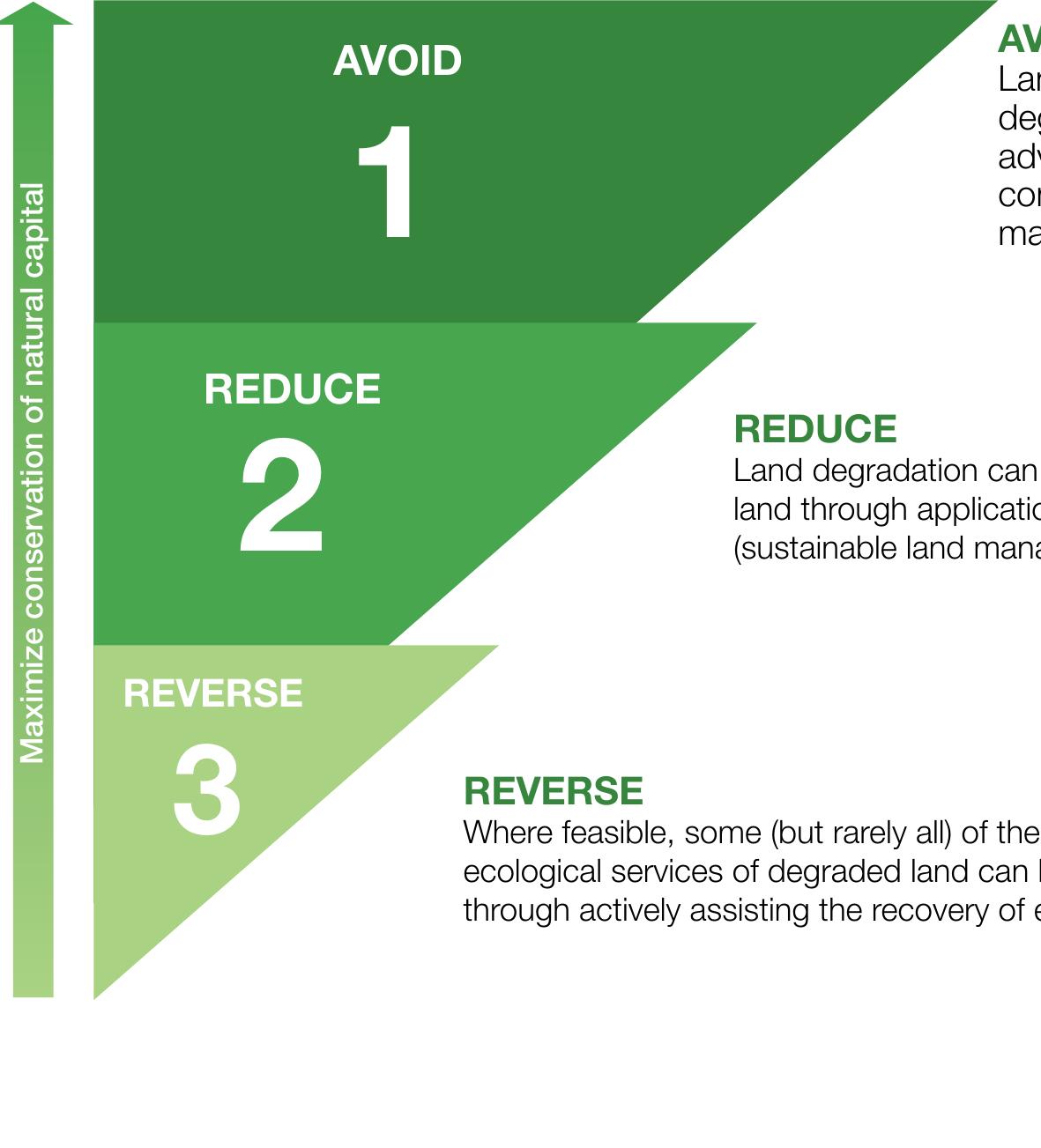Enhancing Pool Sustainability: Simple Steps for Eco-Friendly Swimming
As we pivot toward a more sustainable lifestyle, even leisure activities like pool ownership can benefit from eco-friendly practices. Swimming pools, loved for their relaxation and recreation, can pose an environmental burden due to water use, energy consumption, and chemical output. However, you can dramatically reduce your pool’s environmental impact with some conscientious choices, maintaining both a stunning appearance and cost efficiency. Here, we outline ten impactful methods to make your pool more sustainable.
Install a Solar Pool Heater
Opting for a solar pool heater can substantially decrease your pool’s ecological footprint. Unlike conventional heaters that guzzle energy, solar heaters harness renewable solar power to maintain pool temperature, cutting electricity costs and emissions. To implement, invest in dedicated solar panels that capture and transfer solar energy to your pool water. This switch not only lowers your bills but also promotes longevity.
Use a Pool Cover
Incorporating a pool cover is one of the easiest steps to heighten your pool’s eco-friendliness. Covers guard against water evaporation, conserve heat, and block debris, minimizing the need for chemical treatments. For optimal results, choose a solar pool cover that maintains warmth and curtails water loss, effectively saving water and reducing energy expenses.
Upgrade to Energy-Efficient Pool Pumps
Replacing outdated pumps with energy-efficient models significantly trims your pool’s power usage. Variable-speed pumps, designed to dynamically adjust power levels, greatly outmatch single-speed options in conserving energy. By installing a variable-speed pump, you could see an energy cost reduction of up to 90%, enhancing both efficiency and economy.
Switch to a Saltwater Pool System
Consider transitioning from a chlorine-based to a saltwater system. Saltwater pools require fewer harsh chemicals, offering an environmentally friendly alternative that’s gentler on skin and hair. Convert by fitting a saltwater chlorinator, leading to lower chemical usage and creating a more natural swimming experience.
Convert to LED Pool Lighting
Substitute traditional incandescent lights with LED alternatives to cut down on energy consumption. LEDs are not only more efficient but also offer a longer service life, making them an intelligent choice for eco-conscious pool owners. Upgrade your current lighting to LEDs, minimizing power usage while enhancing brightness.
Use Eco-Friendly Pool Chemicals
Many pool chemicals can negatively impact the environment when they seep into natural water systems. Shift toward using biodegradable, non-toxic chemical options to protect the ecosystem. Look into chlorine-free alternatives or natural enzyme treatments to uphold water quality without environmental harm.
Implement a Rainwater Harvesting System
Maximize water efficiency by capturing rainwater for pool refills. A rainwater harvesting system allows you to collect and utilize rainfall, decreasing dependency on treated water and utilizing this natural resource effectively. Set up a catchment system connected to your pool’s infrastructure to benefit from this sustainable practice.
Use a Pool Filter with a High-Efficiency Rating
An efficient pool filter can lower energy consumption and reduce cleaning frequency. Efficient filters lessen backwashing requirements, conserving both water and power. Upgrade to high-efficiency cartridge or DE filters, thereby enhancing filtration quality while minimizing maintenance demands.
Incorporate Pool-Friendly Landscaping
Thoughtfully placed landscaping around your pool can offer natural shading, reduce evaporation, and keep your pool cooler. Native, drought-resistant plants serve as natural barriers against wind and debris. Cultivate such greenery to conserve water and create a serene, natural poolside environment.
Regular Pool Maintenance
Keeping your pool eco-friendly hinges on consistent maintenance. Routine cleaning, water testing, and equipment checks ensure all components run effectively, curtailing energy use and warding off unnecessary chemical interventions. A regular maintenance schedule sustains water quality and extends pool equipment lifespan, preventing resource waste.
Conclusion
Transforming your pool into an eco-friendly oasis doesn’t require a complex overhaul. By adopting these straightforward strategies, you can reduce environmental impacts while optimizing energy, water, and maintenance efficiencies. For those unsure where to start, PoolRepair.fyi offers expert advice and solutions tailored to pool sustainability. Embrace these practices for a cleaner, greener, and more cost-effective pool experience.
#EcoFriendlyPools #PoolMaintenance #SustainableSwimming #PoolRepairGuide #EnergyEfficientPools

